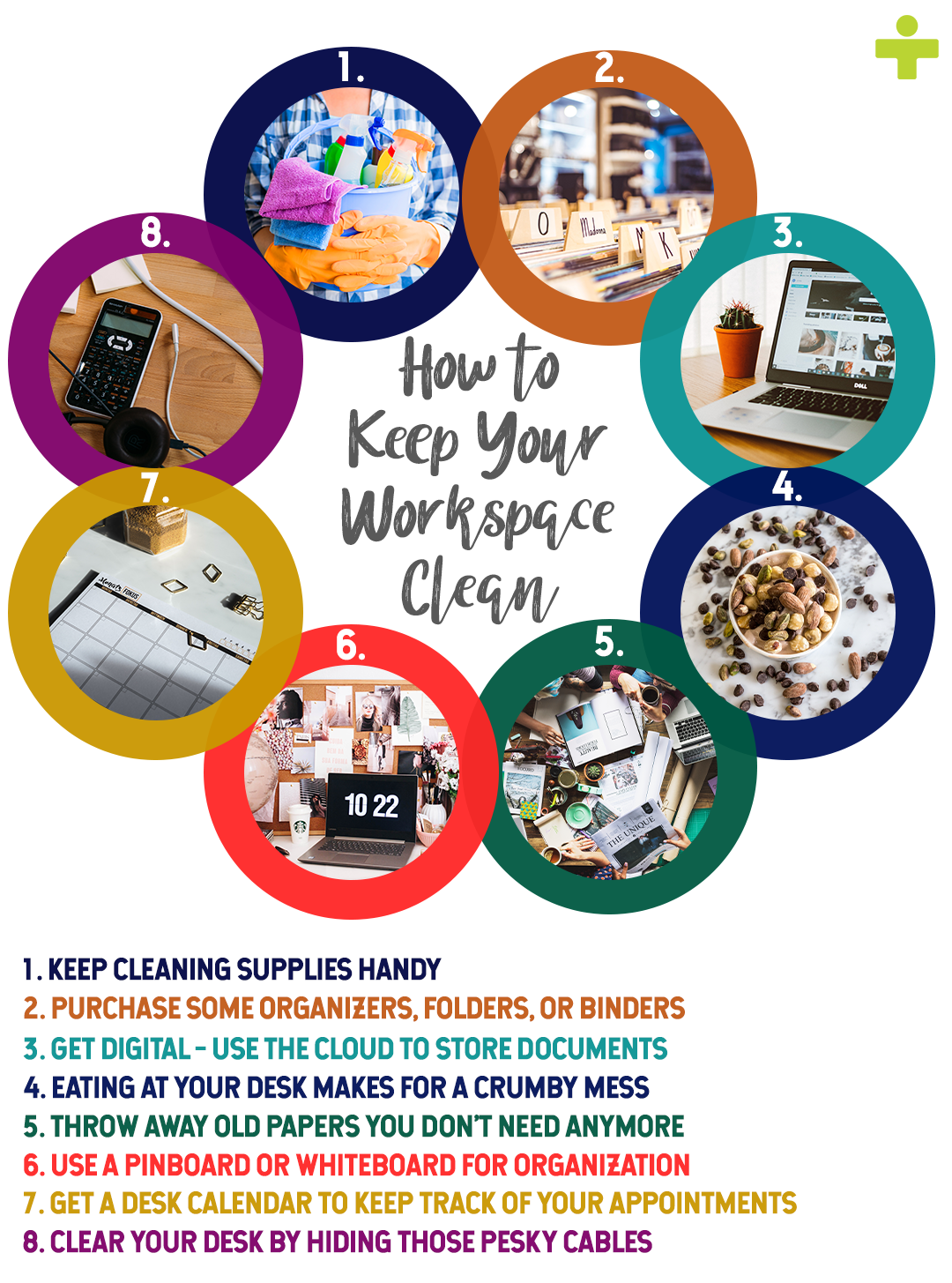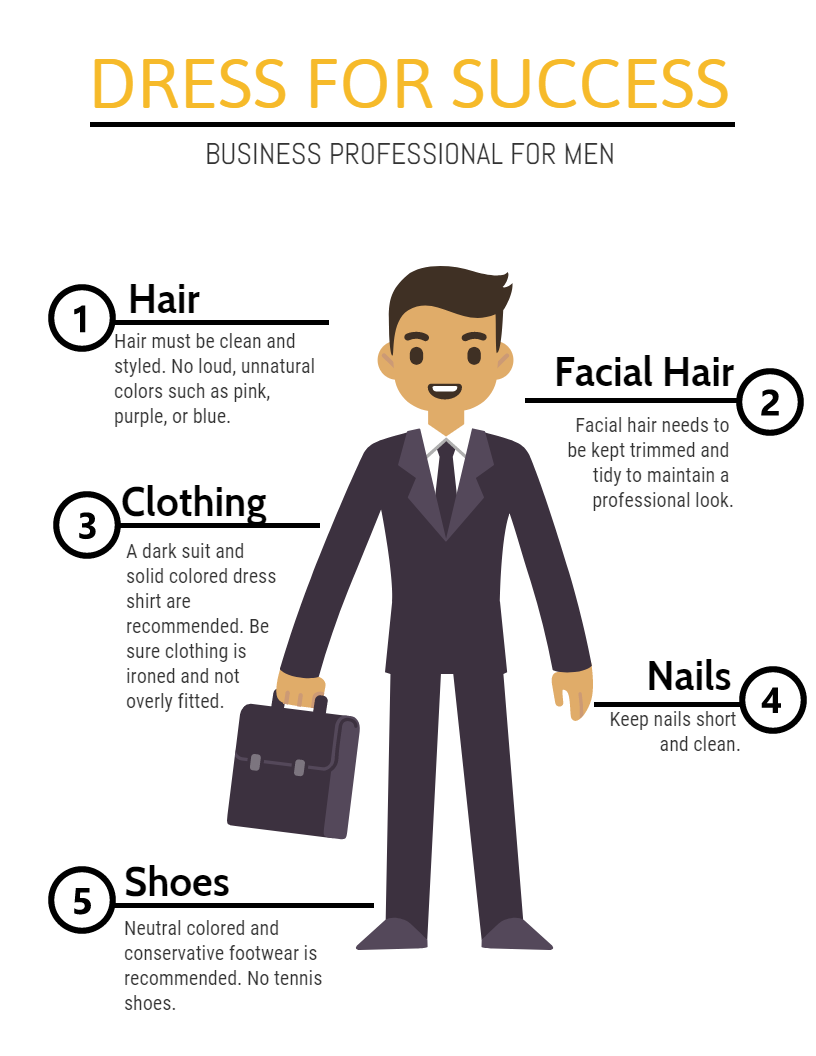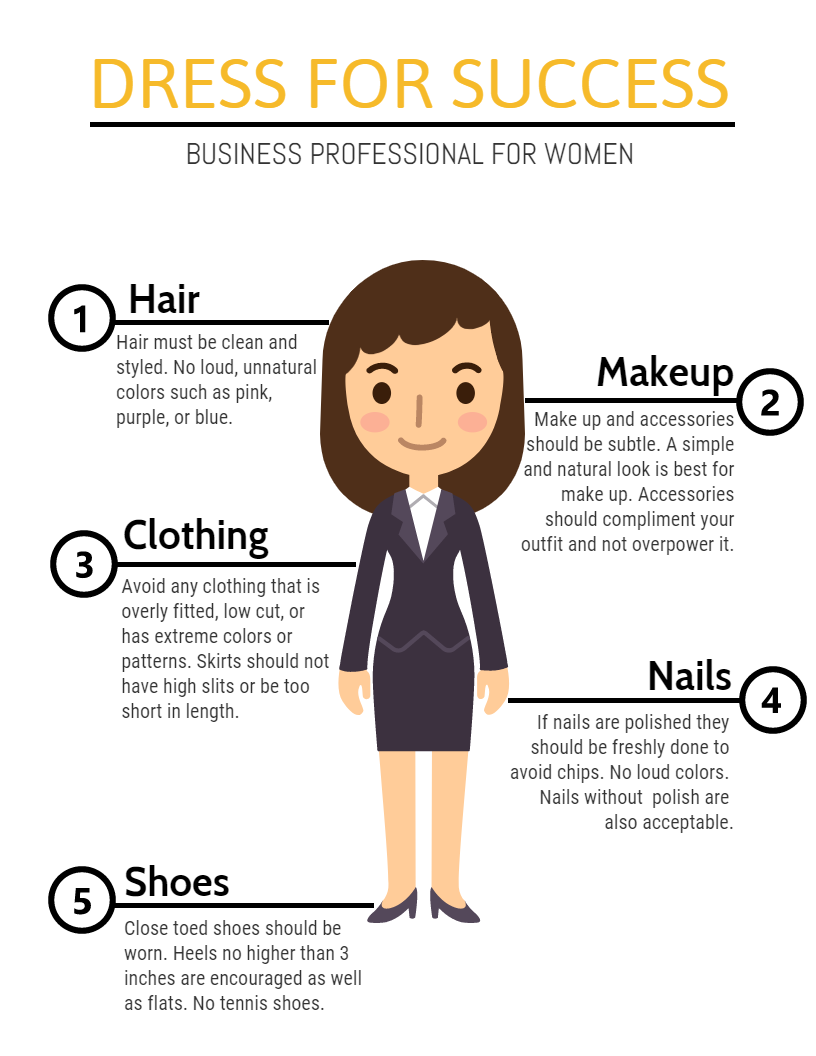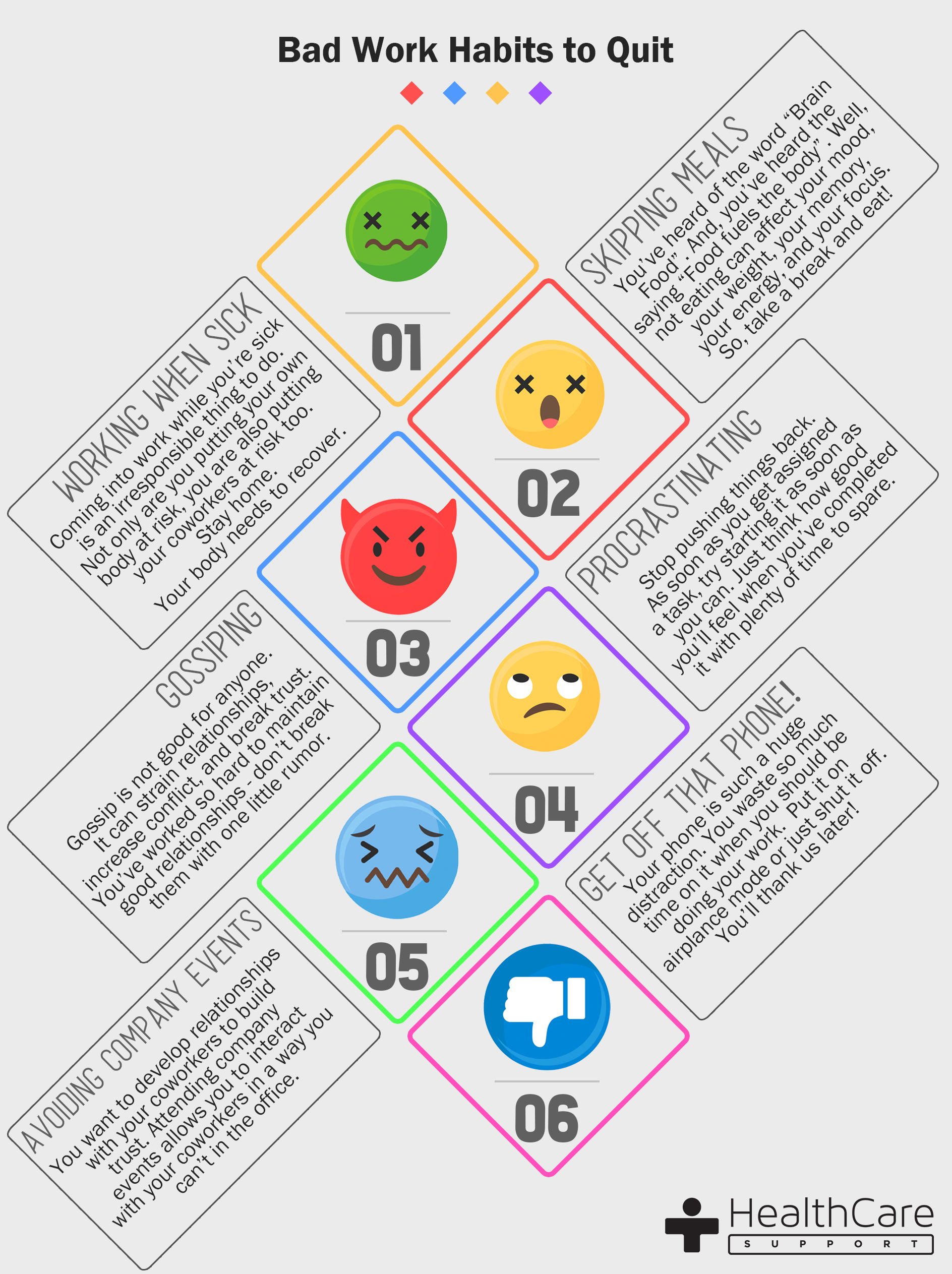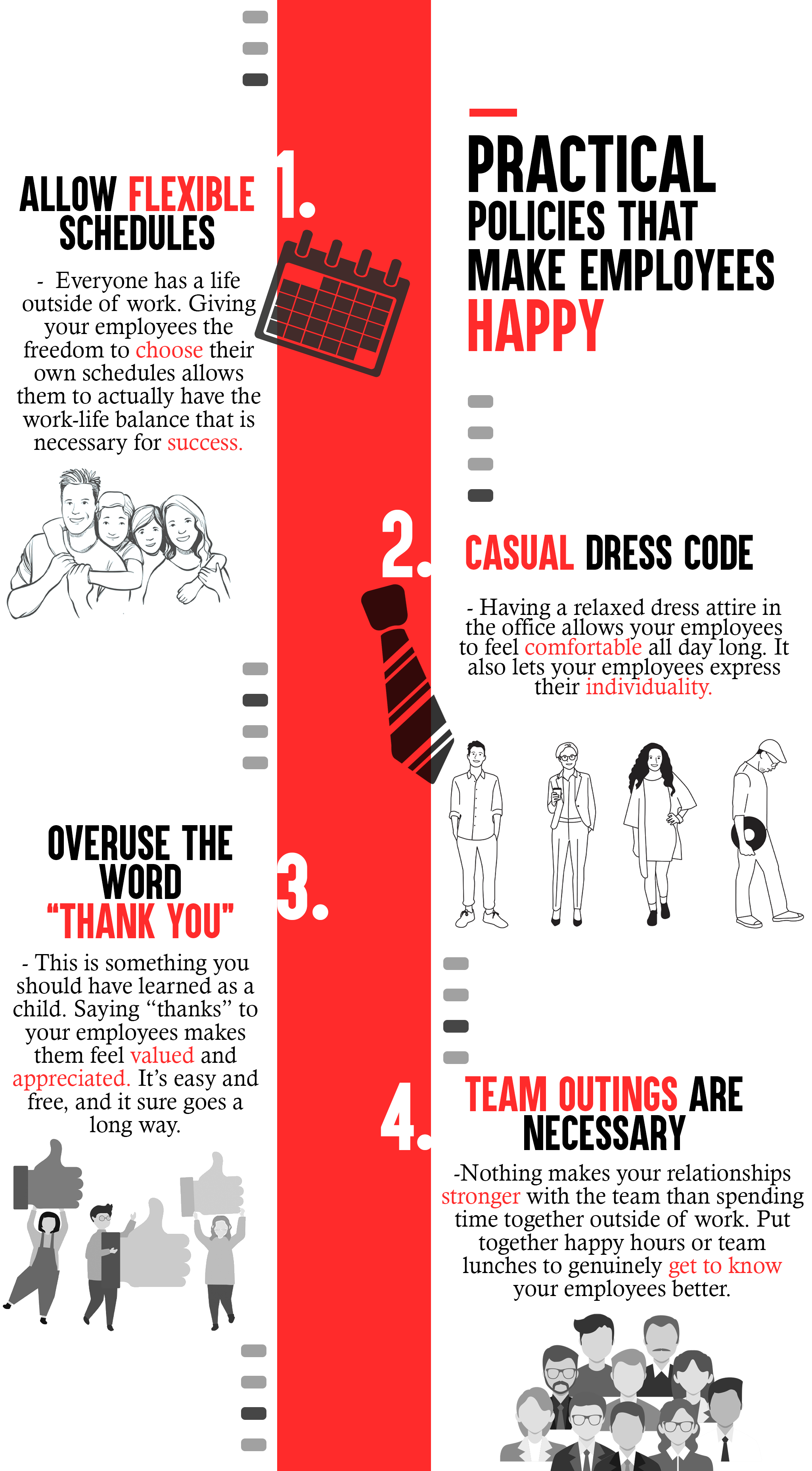Have you ever been kept up in the middle of the night, tossing and turning, worrying about the upcoming workday? Everyone gets a little anxiety or stress from time to time, but, according to the Gallup Poll Social Series, 79% of Americans say they frequently feel stress throughout their day. So, what is causing your stress? In order to reduce it, you first must understand what is making you stressed or anxious in the first place. Some of the most common causes of stress at work include office conflicts, high workloads and irrational deadlines, insufficient working environments, the feel of not being in control of your projects, disorganization, physical discomfort, and weak management.
Now that we know what could be causing all this tension, let’s figure out some techniques you can try to feel a little more “Zen” at work:
Avoid Gossip, Rumors, and Conflict
Avoiding conflict is always a great idea in the workplace. Don’t let office relationships stress you out. You’re going to have to be around the same people 40 hours a week, so keep a low profile. Try not to succumb to all the gossip and the office humor. If you know you don’t work well with some employees, try to stay away from them. Your mind will thank you later. And, if conflict does find you, figure out a way to deal with it calmly.
Sort Out Your Projects
One of the main reasons why people feel pressure in the office is because of the high workloads and irrational deadlines. The first thing you can do is come into the office with a positive mindset. This can make a big difference in how you start the day and how you dive into your projects. You can also write it all out. Place your time-sensitive projects at the top of your to-do lists. Figure out what tasks are super important and get started on them first. Don’t procrastinate – get right to it.
Create Your Own Positive Working Environment
Get into the groove of creating your own personal, positive working environment. Listen to music through headphones to keep the distractions under control. In fact, “research suggests that listening to music can improve your efficiency, creativity and happiness in terms of work-related tasks”. You should also bring a few things to work to place on your desk. Things like pictures of families or friends, flowers, books, and pictures of quotes can lift your spirits during the workday. If physical discomfort is getting you down, try splurging on a comfier chair or comfier (yet professional) clothes.
Establish A Communicative Relationship with Your Boss
Talk it out with your boss. Let them know what they can do to create a better environment for both of you. Admit what is triggering your anxiety and figure out a way to contain it – together. Having an easy and honest relationship with your boss is best, especially when struggling with unwanted tension.
Tidy Up Your Space
Staying organized is one of the most basic solutions to reducing stress. If you are already feeling anxious because of your workload, why worsen it with having a messy desk? Some ways to keep your desk tidy are having organizers and folders for different projects in your drawers and on your desktop computer, purchasing a planner/calendar, getting rid of old papers, labeling drawers, and making things more accessible. Read this article for some benefits of having a clean office space.
Relieve the Pressure by Being Active and Mindful
Try to get your heart beating by going for a walk during your lunch break or heading to the gym for a quick workout. Working out has many great benefits including relieving stress. You can also take a ten-minute break to do some stretches or yoga poses in your office. Doing breathing exercises with help too by calming down the mind. Breathe in through your nose for five seconds and out through your mouth for ten seconds, then close your eyes and imagine your happy place – be there for a couple of minutes. This can slow down your mind and help you regain focus on your work.
Work-Life Balance is the Ultimate Way to De-Stress
Setting boundaries on when your coworkers can contact you for work-related projects or questions are important. After a long work week, it won’t be fun thinking you are done for the week and then having to answer some work calls or emails. You should also be using your paid time off for vacations and mental health days to recharge your brain.
Live A Healthy Lifestyle
It’s so easy to want to come home from work and make unhealthy choices by eating loads of ice cream and chips. Sure, it makes you feel better in that moment, but in the long run, it makes you feel worse. Whip up a healthy dinner with a lot of vegetables and protein. Not only should you be making good eating decisions but getting a full night’s rest is key. If you don’t get enough sleep, you will feel unfocused during your workday which can affect completing your projects and tasks for that day. That will eventually stress you out later in your workday. It’s a complete circle. Sleep means staying focused and staying focused means getting all your work done which keeps you stress-free!
Stress Diary
If you still can’t seem to get a grip on your stress and anxiety, purchase a journal and write down everything that is making you stressed out during the week. Record how you are handling the stress and at the end of the week, figure out what you can do to handle the stress better. Include your physical and emotional reactions and your peers’ reactions. The more detailed, the easier it will be containing your worry.
Don’t let stress take over your career. If you’re getting frustrated easily or find yourself feeling anxious, listen to your body. Take the time to implement these stress relieving techniques for the workplace and you’ll find your professional and personal life improve.





